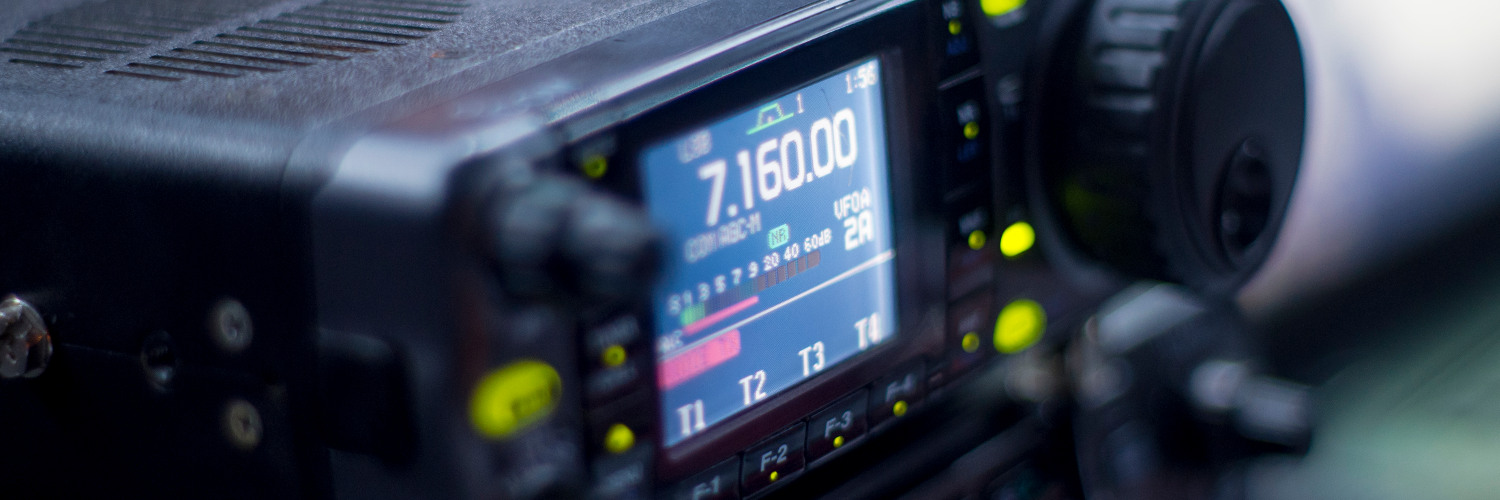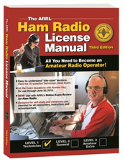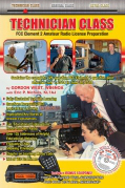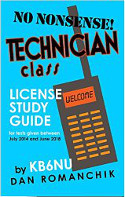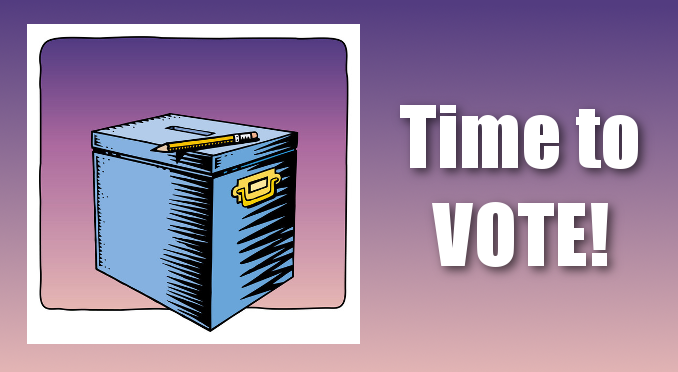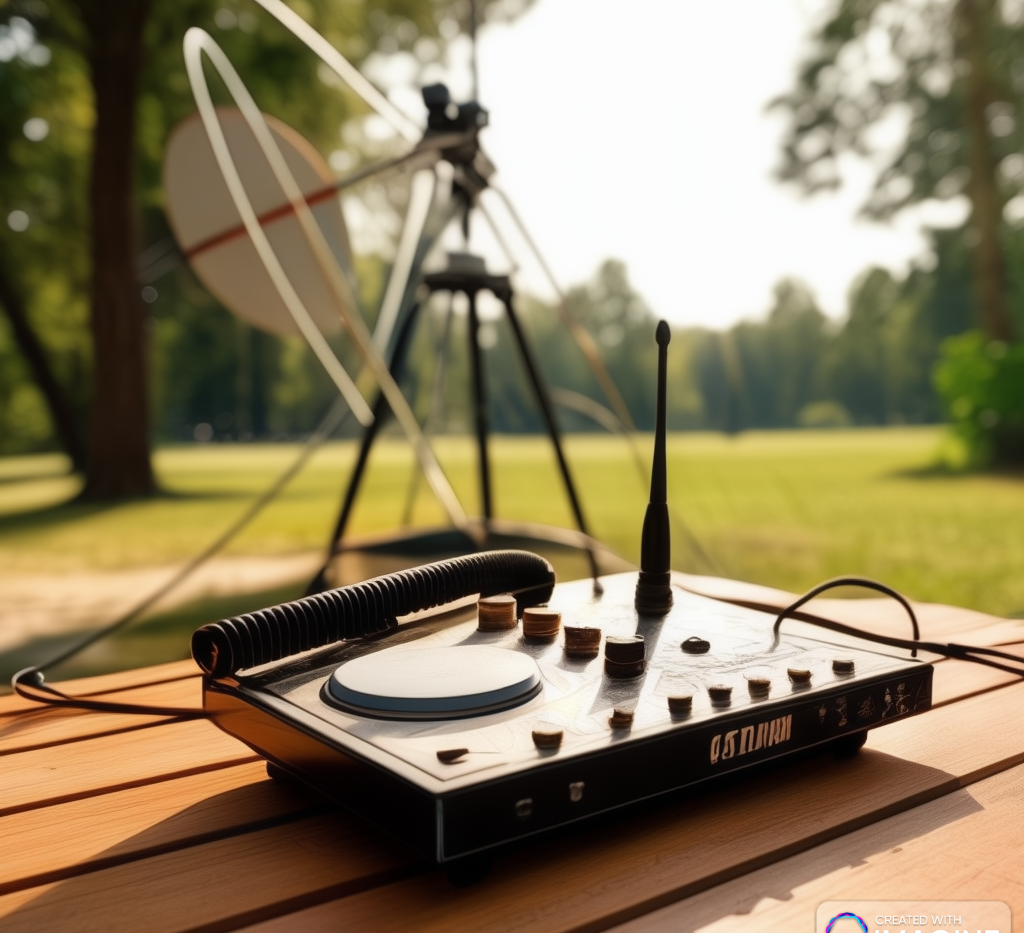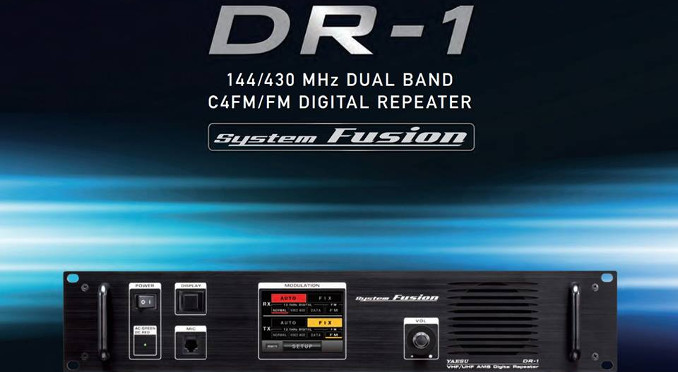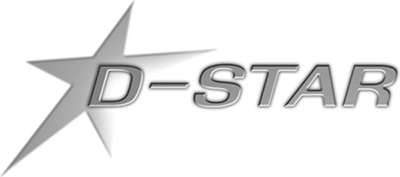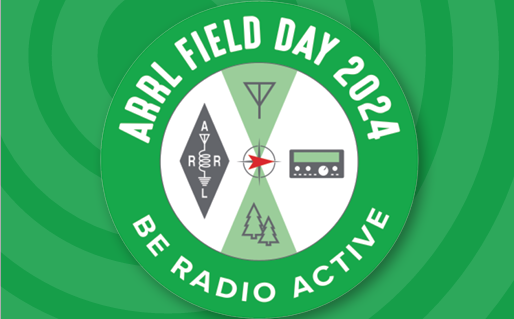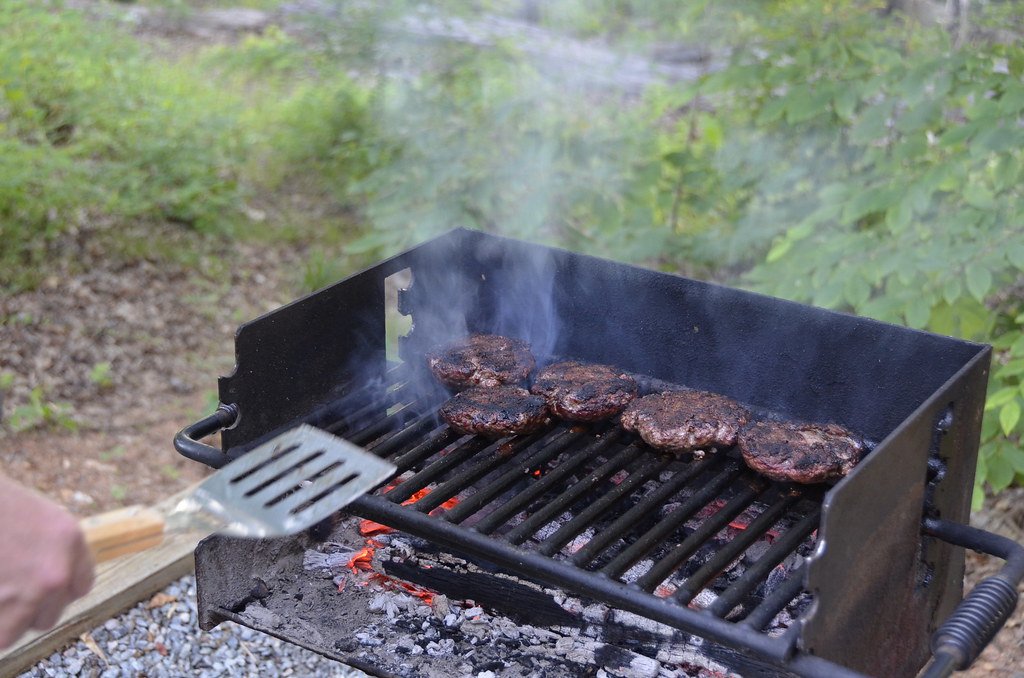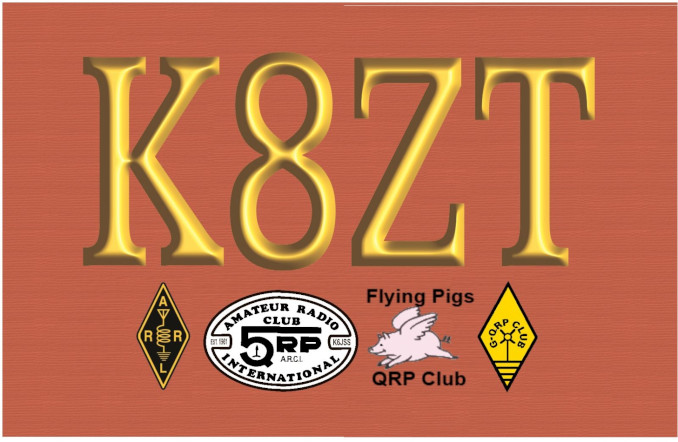How to Become a Ham
Maybe you’re a social person and like to talk. Or maybe you’re a little bit introverted and enjoy tinkering. Whatever your personality type and interests, amateur radio has something for everyone.
Why? What’s Involved? What Test? No Morse Code Test Preparation Books Websites Test Day Now What?
So why should I consider becoming a ham?
Ham radio is one of few hobbies that has both enjoyable and practical aspects. Many hams get involved initially because they are drawn to electronics, electrical systems, or computers, but find that their interests can be put to practical use in community volunteering, special event stations, or even emergency communications teams. Others just enjoy chatting with other people located in diverse geographical locations, and ham radio provides an avenue to find new friends. There are hundreds of aspects to the hobby, and whether you’re looking to test your newest invention or just want to hang out with others who like similar things, you’re sure to find something that will be fun and rewarding.
What’s involved in becoming a ham?
Ham radio has been around a long time and has always been about communicating via radio waves. Early on, a system was needed to make sure that the airwaves could be regulated so that everyone had a fair shot at using them, and as a result, a licensing system was devised for all of the various governmental, military, commercial, and personal uses of the spectrum. Some frequencies don’t require a license for people to use at all, but they’re generally limited in scope. Becoming a licensed ham radio operator opens up large areas of the spectrum for you to use for lots of different communications modes, but in order to become licensed, you need to take a test. Don’t fret yet- the testing process is simple and painless, and you can likely pass the test after only studying for a weekend. Besides, there are a lot of guys around who would love to help you learn the things you need to know and would like nothing more to help get you going.
A test? Why a test? Are there more tests?
The Federal Communications Commission needs to make sure that you have a basic understanding of electrical, regulatory, and other principals so that they know that you’ll be a responsible user of the airwaves and won’t cause trouble or hurt yourself. That’s the reasoning for the testing. Besides that, there can be up to three tests, depending on what you want to do and where you’d like to go in the hobby. Here are the three levels of amateur radio license in order from the one with the fewest privileges to the most:
Technician Class License: In order to obtain this entry-class license, you need to get at least 26 questions correct on a 35 question exam that is taken from a pool of 400 questions. This license class allows most operations at frequencies above 30MHz which allows communications locally and around the country.
General Class License: The General license also requires 26 correct answers on a 35 question exam that is taken from a pool of 500 questions. This license class allows the licensee to operate on all amateur radio bands and most modes which opens up worldwide communications. You need to earn a Technician class license before taking the General class exam.
Amateur Extra Class License: Extra class license holders have earned all privileges on all bands and modes. This class of license has a more difficult exam that requires at least 37 correct answers out of 50 questions that are taken from a pool of 700 questions. A General class license must be earned before taking the Extra class exam.
Do I need to learn Morse Code?
Nope. Those days are over. That being said, a lot of hams still enjoy learning Morse Code because it’s easier to hear when signal are very weak, and long-distance weak-signal contacts can be made much more easily than by using other modes.
How do I start preparing to take the Technician exam?
There are a myriad of ways. There are a lot of excellent books on the subject by authors and teachers such as Gordon West. There are also a lot of websites, some paid and some free, that offer study guides and practice tests that will expand your knowledge and give you a taste of what the actual exam will be. Here are a few examples of materials that you can use. None of the links are necessarily endorsing any particular product; these are meant as reference only.
Books
The ARRL Ham Radio License Manual. It’s a perfect resource for the beginner and will step through every concept in simple-to-understand terms.
The Gordon West Technician Class Manual is probably one of the most popular study books for new hams.
The Non-Nonsense Technician Class License Study Guide is lesser-known, but a great resource and is available in an electronic format.
Websites
There are many, many websites available with study materials or practice tests, so this is just a representative sample. Use Google or Bing to find more.
hamstudy.org is a free website for studying exam questions and it includes practice tests. Although the site is free, registration is required.
qrz.com is a very popular ham radio website that has news, a swapmeet, online logging, and more. The practice exams are free and accessible from anywhere, but there is no study material.
hamexam.org is a free site with online flash cards and practice exams. No registration is required.
hamtestonline.com is not free, but it combines study materials and practice tests into one format. It uses a method of presenting material related to a particular topic, and then showing exam questions related to that topic. There are also different types of practice exams available, some of which are adaptive and will return to questions that you missed earlier to reinforce the correct answers.
I’ve been studying and feel pretty good. Now what do I do?
Now it’s time to take the test. Amateur radio exams are administered by VEs, or Volunteer Examiners. When you’re ready to take your exam, the local volunteer examiner organization, W4VEC, offers local (Greensboro and High Point) testing every month most months on Saturday mornings. See the link below for detailed schedules and information: www.w4vec.org/ar.html.
In Greensboro, exams are held the 2nd Saturday of each month (except March) at Hinshaw United Methodist Church 4501 Gate City Blvd (High Point Road) Greensboro, NC at 9:00 AM. For more information contact: Keith Thomas, KA4JAH, ka4jah@aol.com, 336-906-2469. Pre-registration is required; no walk-ins allowed.
In High Point, exams are held on the last Saturday of the month (except June, November, and December) at: Hickory Chapel Wesleyan Church, 301 Hickory Chapel Road, High Point, NC, at 10:00am. Pre-registration is required at least 3 days before the exam date. For more information contact: Keith Thomas, KA4JAH, ka4jah@aol.com, 336-906-2469.
I’ve passed the test! Where do I go from here?
First, congratulations! You’re on your way to getting involved in a rewarding hobby and you’ll soon make a lot of new friends. You’ll need to wait until until you receive your call sign from the FCC before you can make your first transmission, but that usually doesn’t take long. Once you have your call sign, our suggestion is to do two things: hop on the nearest 2m repeater (GARA’s is 145.150- see the Repeaters page) and say “Hi” and introduce yourself, and then come to the next GARA meeting and see what’s going on in Amateur Radio in Greensboro. The meetings are held on the fourth Monday of each month at 7:15pm at Sarah’s Kabob Shop in Greensboro and online (check the website calendar meeting page for connection details). We hope to see you there very soon! By the way, you’re welcome to come to the GARA meetings even before you’ve passed your test. There are a lot of people who would love to meet you and help you study!

